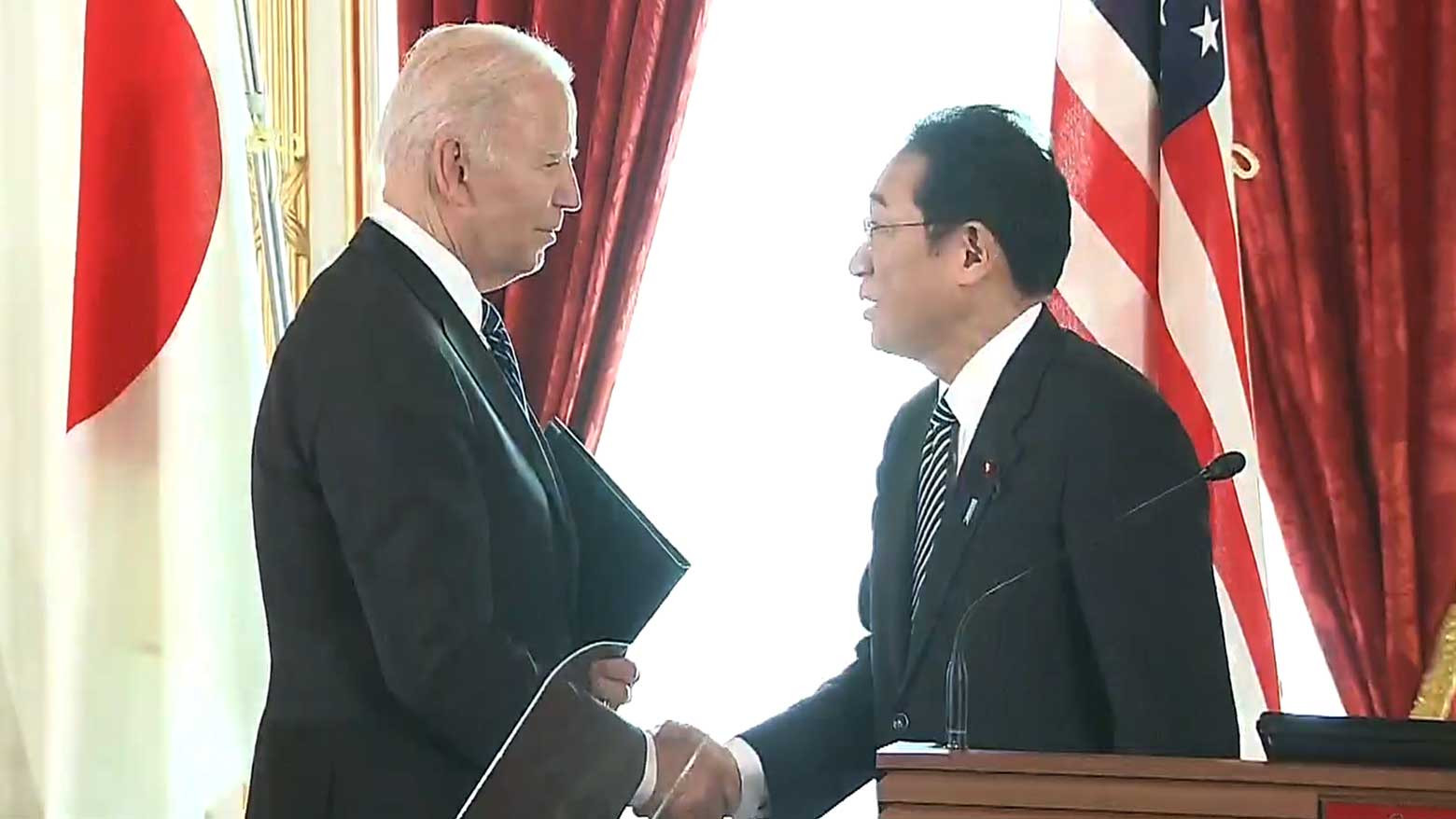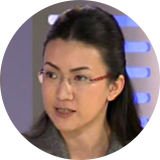Commitment to a rule-based international order
Kishida said: "President Biden and I have reaffirmed the need to quickly strengthen the Japan-US alliance on deterrence and response capabilities." He added that he told Biden about his plan to enhance Japan's defense capabilities and "substantially increase" spending in that sector.
The US president welcomed that undertaking, adding "The United States remains fully committed to Japan's defense and we welcome the opportunity to work more closely together in an increasingly challenging security environment."
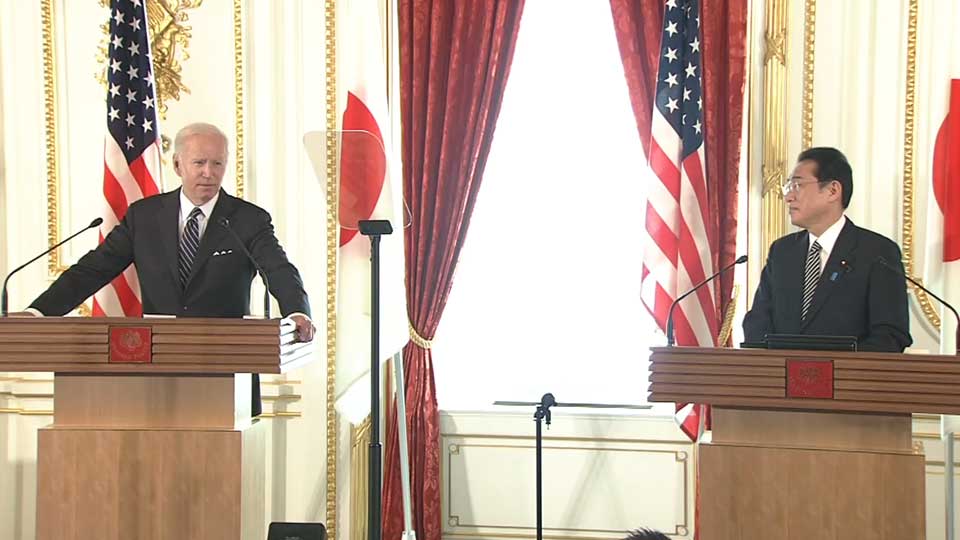
Russia's invasion of Ukraine
Kishida described the Russian invasion of Ukraine as "inhumane aggression." "We reaffirmed that any attempt to unilaterally change the status quo by force will not be tolerated, no matter where it takes place," he said.
The Japanese prime minister pledged that Japan and the US will continue to support the government and people of Ukraine.
Biden said, the cooperation between what are, in terms of economic size, the world's two largest democracies, has been "particularly vital in organizing the global response to hold Putin accountable for his brutal war in Ukraine and his attack on the norms and principles that are the foundation of our international order."
He said supporting people in Ukraine sends a strong message about a shared willingness to defend a "rule-based international order."
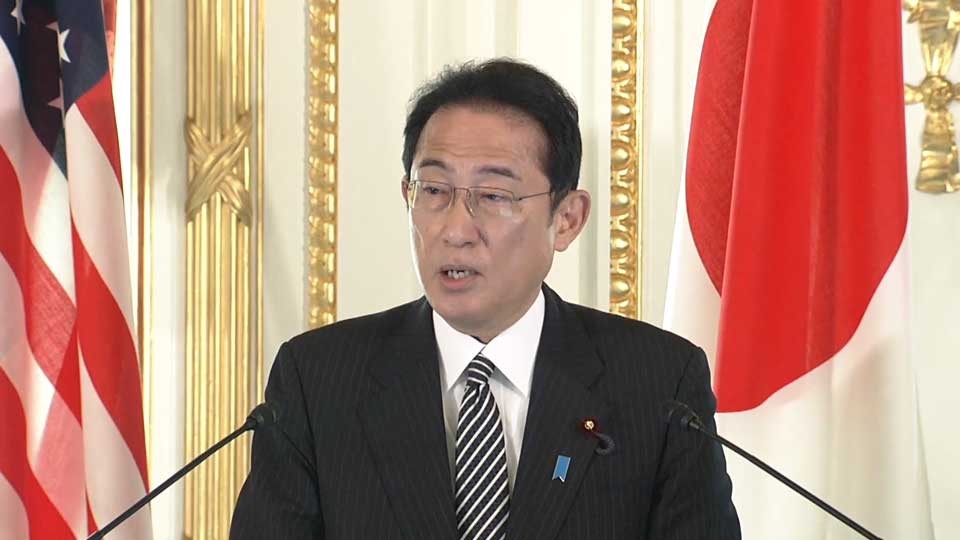
Countering Chinese influence
With China in mind, the two leaders said they discussed the Ukraine situation in light of current security threats. "Unilateral attempts to change the status quo by force, like Russia's aggression against Ukraine … should never be tolerated in Indo-Pacific," noted Kishida.
"We concurred to closely monitor the recent activities of the Chinese navy and joint military exercises by China and Russia," Kishida said, adding Japan and the US "strongly oppose any attempts to change the status quo in the East China Sea and South China Sea with the use of force."
Regarding Taiwan, Kishida maintained that country's policy remained unchanged: "We stressed the importance of ensuring peace and stability in the Taiwan Strait, which is an essential element for the peace and prosperity of the international community. We also urged for a peaceful solution to the cross-strait issue."
Biden said: "We support the One China policy … But … that does not mean that China has the ability … the jurisdiction to go in to use force to take over Taiwan. So we stand firmly with Japan and with other nations not to let that happen and my expectation is that it will not happen, it will not be attempted."
The US President's answer to a question about Taiwan raised eyebrows around the world.
Reporter: "Are you willing to get involved militarily to defend Taiwan if it comes to that?"
Biden: "Yes."
Reporter: "You are?"
Biden: "That's a commitment we made."
The US has a policy of so-called strategic ambiguity on Taiwan, which recognizes Beijing as the government of China, and Taiwan its territory under "One China Policy."
Some observers claim Biden's remark could be seen as a departure from that, but the White House quickly issued a statement that US policy remained unchanged.

North Korea
Kishida expressed concern over North Korea's nuclear and missile programs, including the launch of what appear to be Intercontinental Ballistic Missiles (ICBMs). He said the two-country alliance, and Japan, the US and South Korea would "cooperate even more closely" on the issue.
Economic framework
Kishida welcomed the launch of the Indo-Pacific Economic Framework (IPEF) by Biden and said Japan would participate in the broad initiative. But he did note that "Japan hopes to see the United States return to the TPP (Trans-Pacific Partnership) from a strategic perspective."
The IPEF is a US-led economic initiative aimed at improving security in the digital economy, strengthening supply chains, and tackling corruption. In addition to the US and Japan, 11 other countries are set to sign on.
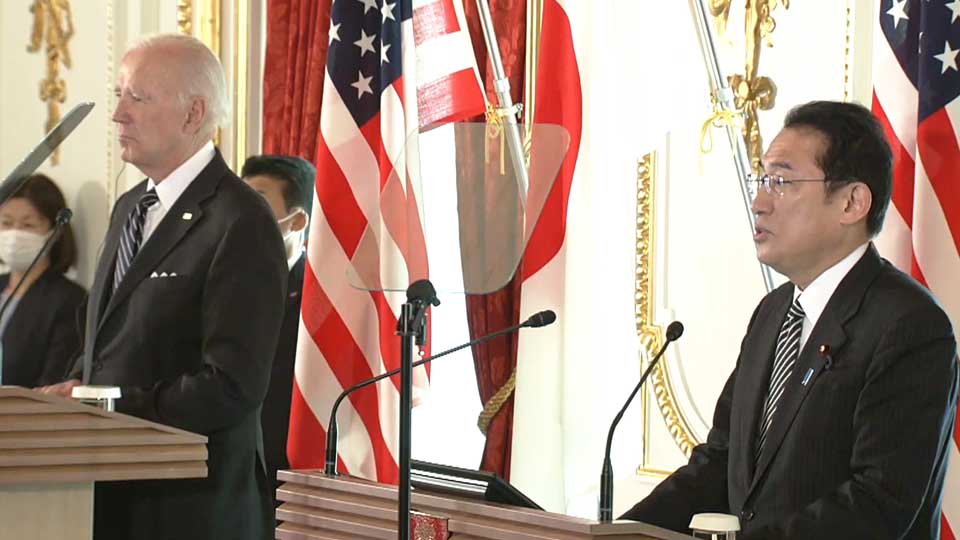
United Nations reform
Kishida spoke about a need to reform and strengthen the United Nations. He said Biden expressed support for Japan to become a permanent member of a reformed Security Council.
